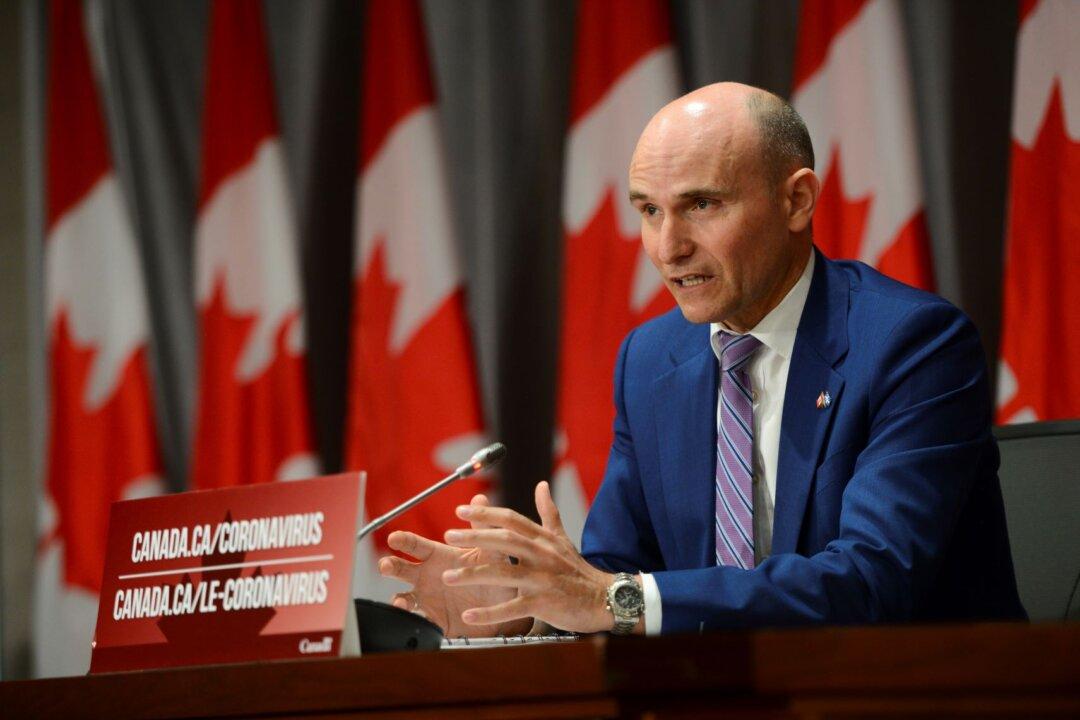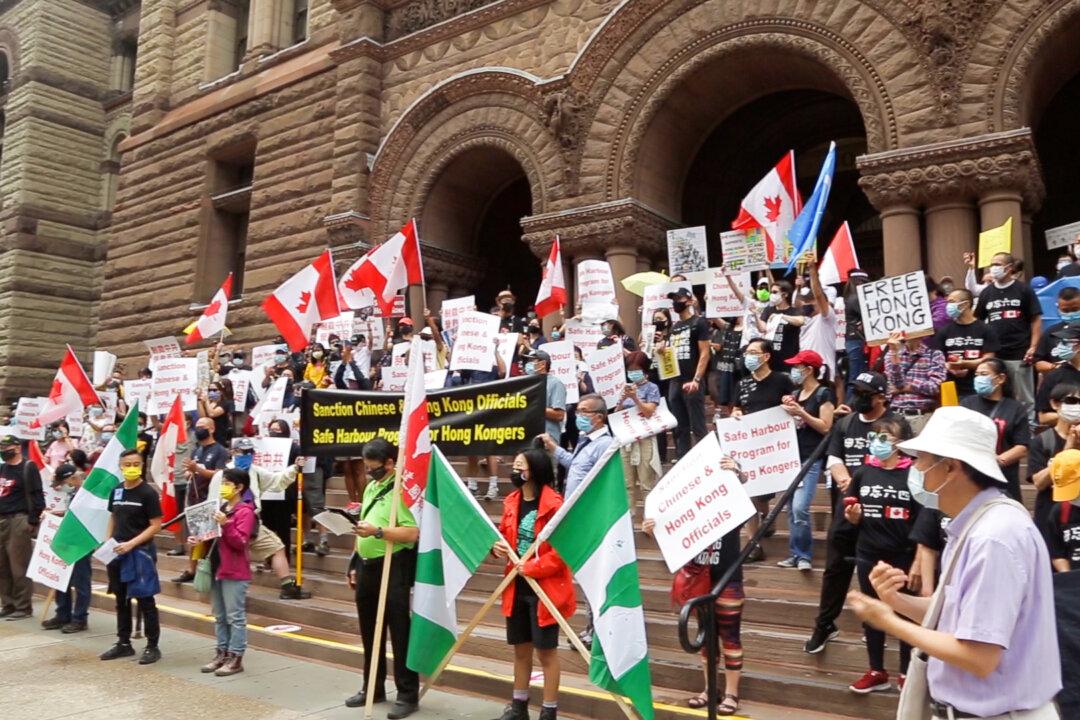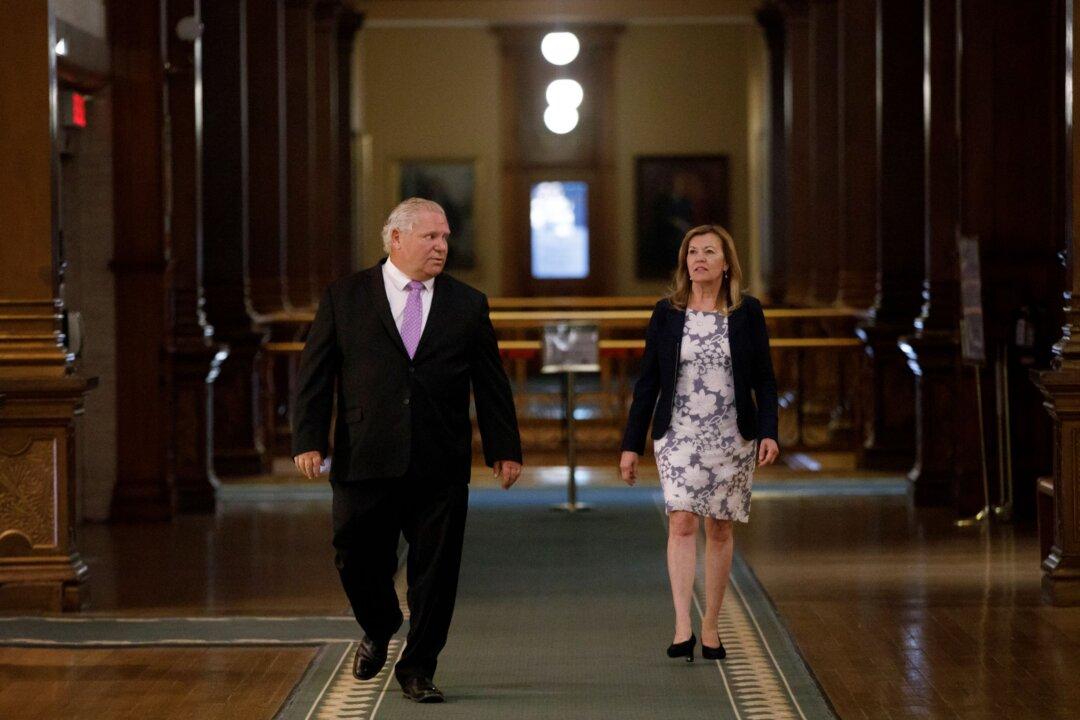Nearly 190,000 Canadians have paid back emergency response payments they weren’t entitled to, according to the Canada Revenue Agency (CRA). Meanwhile, about 1,300 possible scammers are under investigation.
CRA spokesperson Christopher Doody has said that by June 3, close to 190,000 repayments had come through the agency’s portal.






